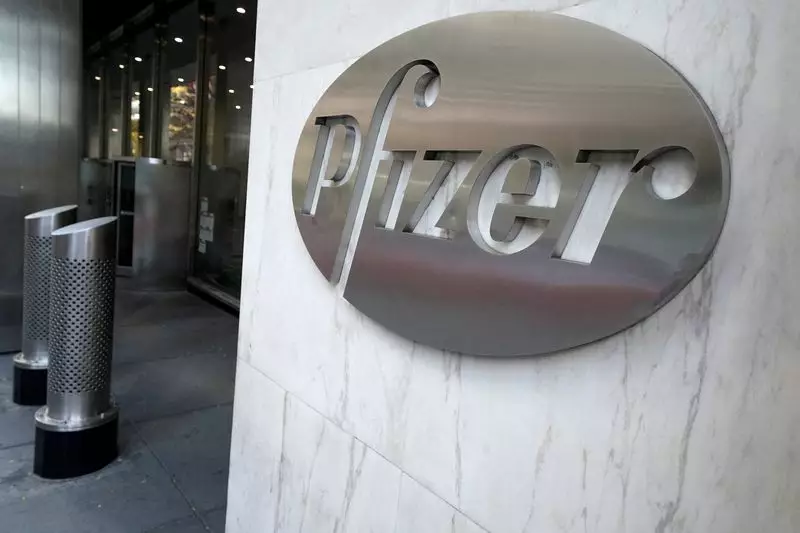The pharmaceutical landscape is sensitive and ever-evolving, and firms like Pfizer frequently find themselves under the scrutinizing eye of investors. Recently, Pfizer announced the appointment of Chris Boshoff, a long-termer within the company and currently the head of oncology, as its new Chief of Research and Development (R&D). This significant leadership transition comes at a crucial juncture for the pharmaceutical giant, which has been challenged to deliver profitable new drugs amidst mounting pressure from shareholders, including activist investor Starboard Value.
Pfizer’s recent struggles have illuminated an urgent need for transformative strategies due to a stark decline in revenues from its COVID-19 vaccine and antiviral drug, Paxlovid. These products, which once drove extraordinary profits, have seen sales drop considerably from their pandemic peaks, resulting in increasing dissatisfaction among investors. The critical stance taken by Starboard Value, which pointed to overspending on acquisitions and lackluster internal R&D performance, reflects how investor sentiment can compel companies to rethink their operational strategies.
Chris Boshoff’s ascent to the Chief Scientific Officer role is a bold, albeit somewhat surprising, move in response to such pressures. Although some may have anticipated a more external approach to leadership in hopes of new perspectives, this internal elevation indicates Pfizer’s intention to leverage its existing talent and expertise, particularly in the oncology sector. Analysts are interpreting this shift as an opportunity for Pfizer to intensify its oncology research and development efforts, which may be pivotal for the company’s future profitability.
Boshoff’s new role places him at the helm of all research initiatives, signaling a strategic prioritization of oncology within Pfizer’s R&D efforts. The company’s past record outside of oncology has been marred by setbacks, including disappointing outcomes in trials for an obesity drug and a weakened RSV vaccine launch, not to mention the premature pullback of its sickle cell treatment due to serious clinical trial incidents. This context makes the renewed focus on cancer therapeutics all the more vital for Pfizer.
Having spent over 11 years at Pfizer, Boshoff has a rich history in driving the development and approval of numerous innovative treatments, suggesting he possesses the necessary depth of experience to address the company’s current challenges. Under his leadership, Pfizer is likely to realign its scientific focus on an array of promising products in the oncology pipeline, which may include advanced cancer medications, obesity treatments, and next-generation COVID therapies, essential for reviving investor confidence.
Boshoff’s promotion follows the impending departure of Mikael Dolsten, who has been an instrumental player in the company’s successful launch of its COVID vaccine. Transition periods in corporate environments often present significant challenges, especially when a prominent leader, who has influenced the company’s culture and behavior, is replaced. The leadership change necessitates not only a strategic pivot but also reinforces Pfizer’s commitment to innovation in its pharmaceutical ventures.
Roger Dansey’s appointment as interim Chief Oncology Officer provides some continuity during this transitional phase. His experience, particularly from his tenure at Seagen, will aid in maintaining strategic momentum as Pfizer navigates this leadership change. The search for a permanent oncology head is ongoing; how that role is filled will undoubtedly influence the future trajectory of Pfizer’s oncology line.
As Pfizer embarks on this new chapter under Boshoff’s leadership, the pharmaceutical company faces an uphill battle to reclaim its position as a leading innovator in the industry. With a focus on oncology and a renewed commitment to revitalizing R&D practices, Pfizer has the opportunity to not only enhance its drug pipeline but also restore investor faith.
The next few years will be critical for Pfizer’s recovery and growth. Strategic investments in high-potential areas combined with improved operational efficiencies could pave the way for the firm’s resurgence in a competitive landscape. Boshoff’s expertise and leadership style will be scrutinized closely as stakeholders look for signs that the company is steering away from past mistakes and charting a profitable path forward.

